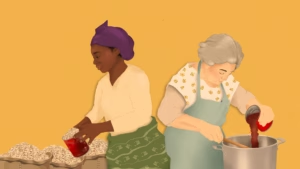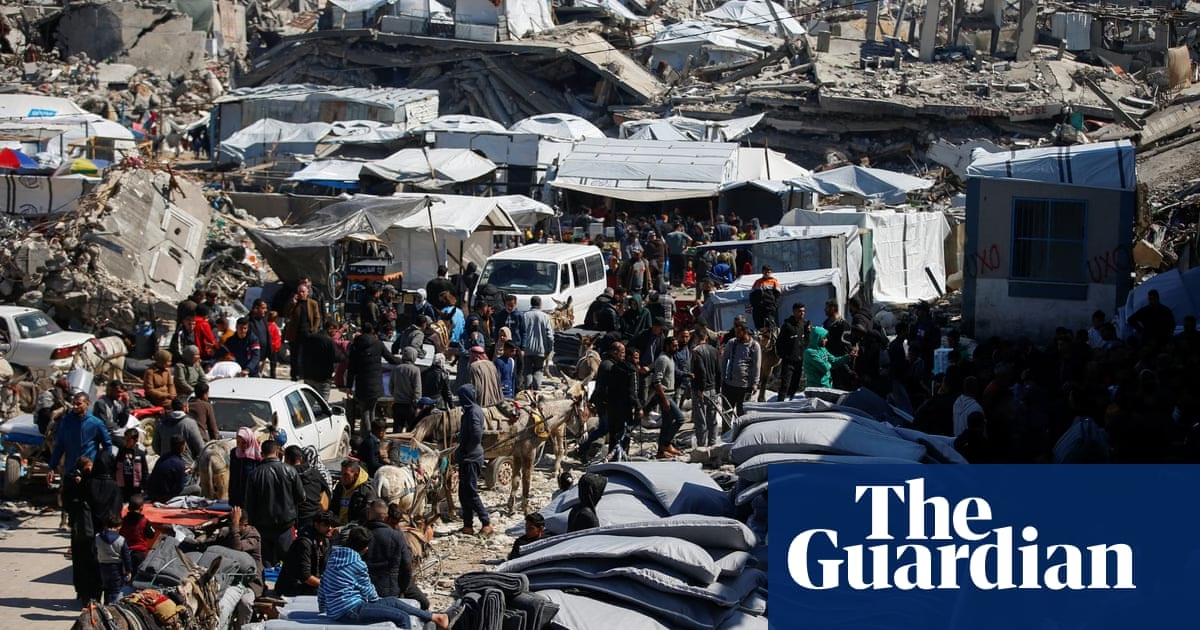After Benjamin Netanyahu’s order to halt aid supplies to Gaza, the Israeli government claimed that there was enough stockpiled food from previous deliveries to last for several months. However, this announcement resulted in an immediate price surge for basic necessities in Gaza, with residents reporting a doubling in costs.
Aid organizations emphasize that the population in Gaza remains highly vulnerable and that blocking humanitarian supplies to civilians is unmissible in any circumstances. Oxfam stated that Israel’s decision to block aid to over 2 million Palestinians as Ramadan begins is a reckless act of collective punishment that is explicitly prohibited under international humanitarian law.
The international court of justice has instructed Israel to facilitate aid deliveries to Gaza, as it weighs allegations of genocide against the country. The international criminal court issued an arrest warrant for Netanyahu last year, citing reason to believe that Israel used starvation as a method of warfare.
Israel has consistently denied allegations that it uses food as a weapon of war, claiming that any blockages in supplies are due to other factors. Netanyahu’s recent announcement made no attempt to hide the government’s intention to gain advantage at the negotiating table.
During the ceasefire, about 600 trucks carrying 57,000 metric tons of food entered Gaza daily, which is a similar level to prewar aid deliveries. However, aid agencies argue that the prewar population was in much better physical condition and had the capacity to produce some of its own food.
The current situation in Gaza is precarious, with nearly 70% of buildings destroyed or damaged. Oxfam describes the aid that reached Gaza during the six-week ceasefire as a drop in the ocean.
Source: https://www.theguardian.com/world/2025/mar/02/halting-aid-to-gaza-is-aimed-at-giving-israel-upper-hand-in-talks-with-hamas








